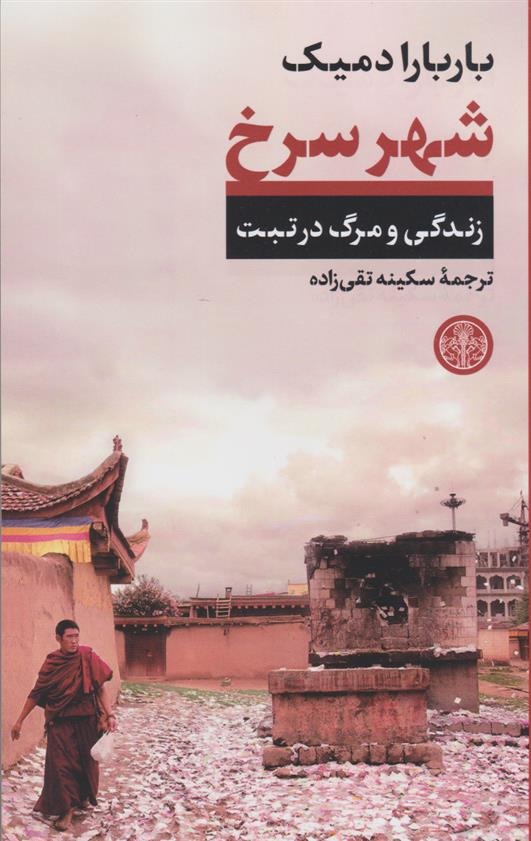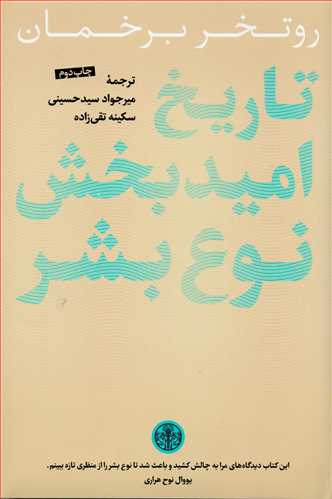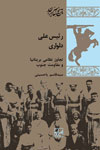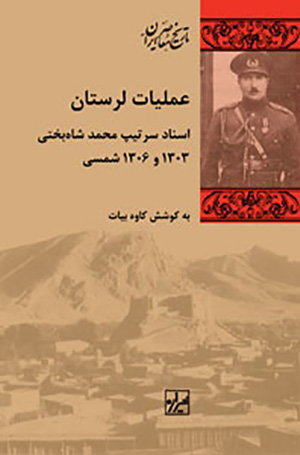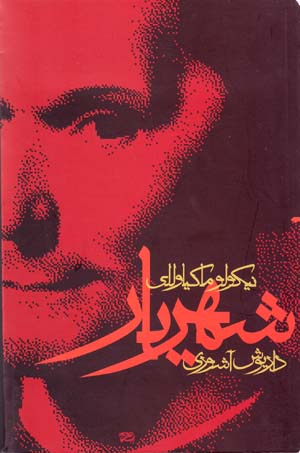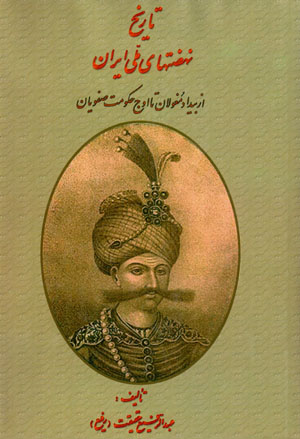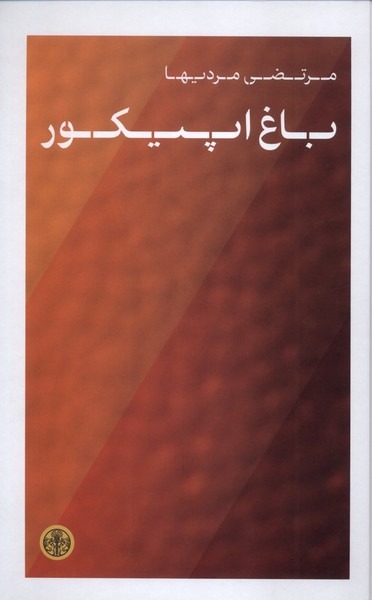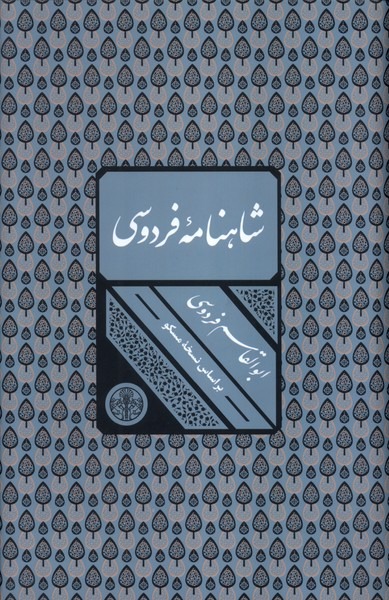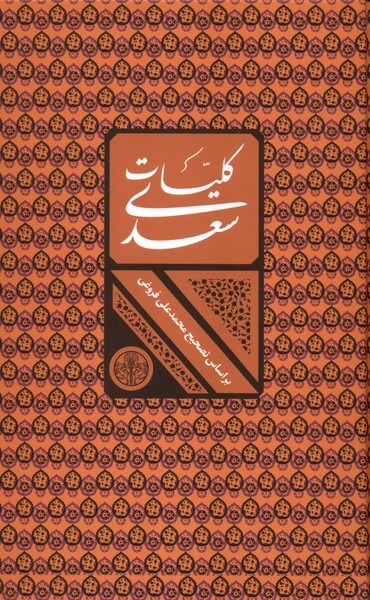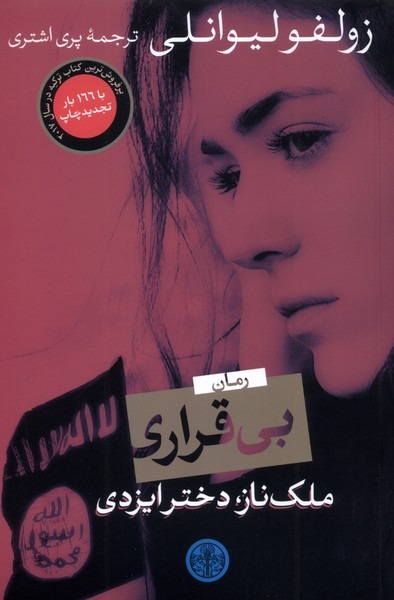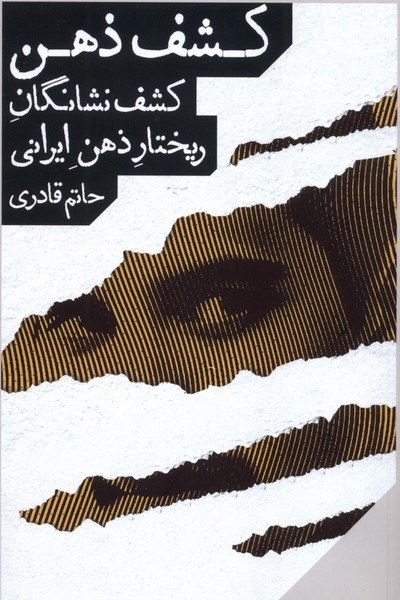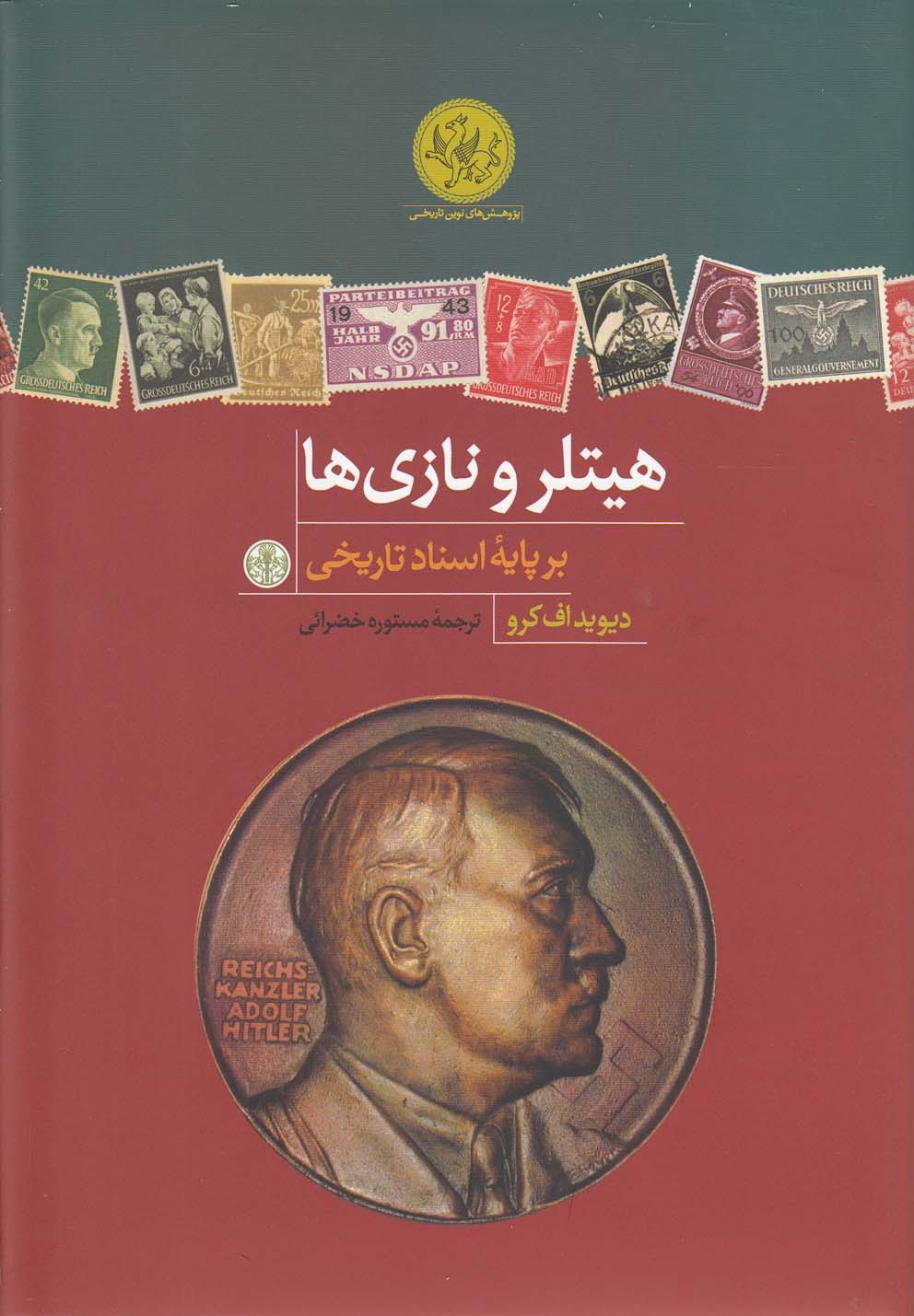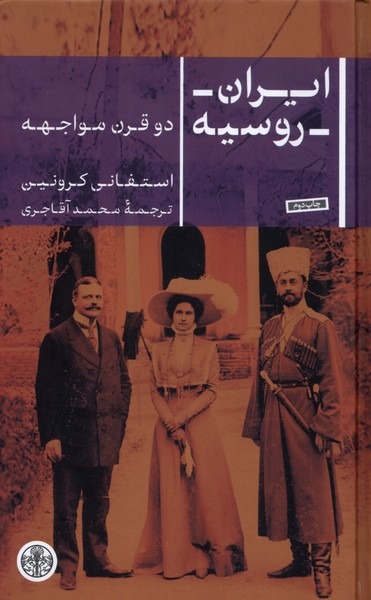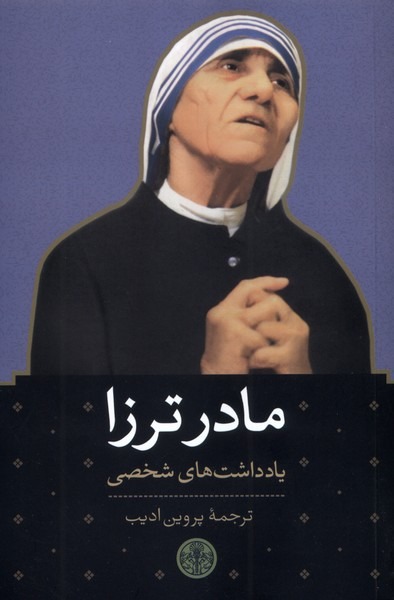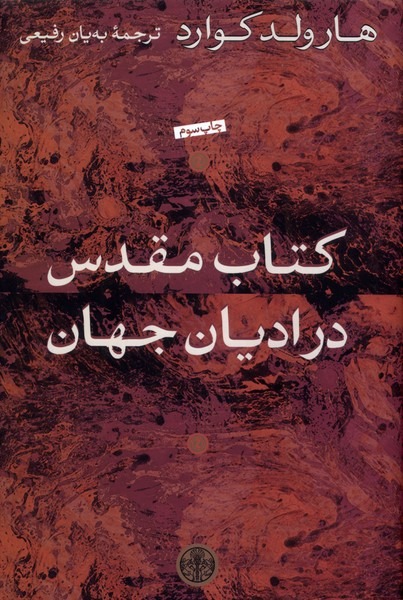شهر سرخ: زندگی و مرگ در تبت الفارسية 1402
Shahr-i Surkh: Zindigī va Marg dar Tabbat
18٫35 €
مشاركة
Wishlist
العنوان الأصلي:
Early Christian Mystics: The Divine Vision of Spiritual Masters
ISBN رقم:
9786002538536
المترجم:
Sakīnah taghī'zadah
الفئة العمرية:
البالغون
الصفحات:
400
الوزن:
400 g
أبعاد المنتج:
14 x 21 x 3٫6 cm
غلاف الكتاب:
غلاف ورقی
Just as she did with North Korea, award-winning journalist Barbara Demick explores one of the most hidden corners of the world. She tells the story of a Tibetan town perched eleven thousand feet above sea level that is one of the most difficult places in all of China for foreigners to visit. Ngaba was one of the first places where the Tibetans and the Chinese Communists encountered one another. In the 1930s, Mao Zedong’s Red Army fled into the Tibetan plateau to escape their adversaries in the Chinese Civil War. By the time the soldiers reached Ngaba, they were so hungry that they looted monasteries and ate religious statues made of flour and butter—to Tibetans, it was as if they were eating the Buddha. Their experiences would make Ngaba one of the engines of Tibetan resistance for decades to come, culminating in shocking acts of self-immolation.
Eat the Buddha spans decades of modern Tibetan and Chinese history, as told through the private lives of Demick’s subjects, among them a princess whose family is wiped out during the Cultural Revolution, a young Tibetan nomad who becomes radicalized in the storied monastery of Kirti, an upwardly mobile entrepreneur who falls in love with a Chinese woman, a poet and intellectual who risks everything to voice his resistance, and a Tibetan schoolgirl forced to choose at an early age between her family and the elusive lure of Chinese money. All of them face the same dilemma: Do they resist the Chinese, or do they join them? Do they adhere to Buddhist teachings of compassion and nonviolence, or do they fight?
Illuminating a culture that has long been romanticized by Westerners as deeply spiritual and peaceful, Demick reveals what it is really like to be a Tibetan in the twenty-first century, trying to preserve one’s culture, faith, and language against the depredations of a seemingly unstoppable, technologically all-seeing superpower. Her depiction is nuanced, unvarnished, and at times shocking.
more
باربارا دمیک، روزنامه نگار نامدار، همانند اثرش درباره کره شمالی، در این کتاب نیز به سراغ یکی از مخفی ترین زوایای جهان رفته است. او داستان یک شهر تبتی را نقل می کندکه خارجی ها به سختی قادر به بازدید آن هستند.
نگابا جایی بود که تبتی ها و کمونیست های چین برای اولین بار در آنجا با یکدیگر مواجه شدند.در دهه 1930، ارتش سرخ مائو به سمت این فلات تبتی متواری شد تا از فلاکت جنگ داخلی چین بگریزد. زمانی که سربازان به نگابا رسیدند، چنان گرسنه بودند که صومعه هارا غارت کردند و مجسمه های مذهبی را که از آرد و کره درست شده بود خوردند. از نظر تبتی ها، این کار به منزله خوردن بودا بود. تجربیات آن ها از نگابا، به نوعی نهضت مقاومت تبتی در دهه های پیش رو منجر می شد که فرجامی بسیار تکان دهنده داشت.
more

